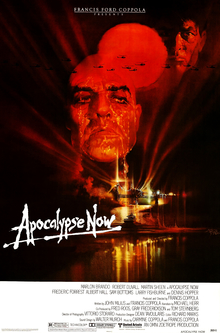I believe that the main reason why Benjamin Dreyer's Dreyer's English: an Utterly Correct Guide to Clarity and Style is so well-read, is that he's funny.
The humor is dry as a paper board, for example:
The NSA may be reading your emails and texts, but I’m not. If you prefer “Hi John” to “Hi, John,” you go right ahead.
and:
For the sake of clarity, we use hyphens to helpfully link up a pair or passel of words preceding and modifying a noun, as in: first-rate movie fifth-floor apartment middle-class morality nasty-looking restaurant all-you-can-eat buffet However, convention (a.k.a. tradition, a.k.a. consensus, a.k.a. it’s simply how it’s done, so don’t argue with it) allows for exceptions in some cases in which a misreading is unlikely, as in, say: real estate agent high school students And though you may, now that you’re staring at these constructions, wonder worryingly about the reality of that estate agent or the sobriety of those school students, I’d urge you to stop staring and move on. (Staring at words is always a bad idea. Stare at the word “the” for more than ten seconds and reality begins to recede.)
Another thing, Dreyer is both funny and witty. Here's a bonus example of this:
As a lexicographer friend once confided over sushi, the dictionary takes its cues from use: If writers don’t change things, the dictionary doesn’t change things. If you want your best-seller to be a bestseller, you have to help make that happen. If you want to play videogames rather than video games, go for it. I hope that makes you feel powerful. It should.














